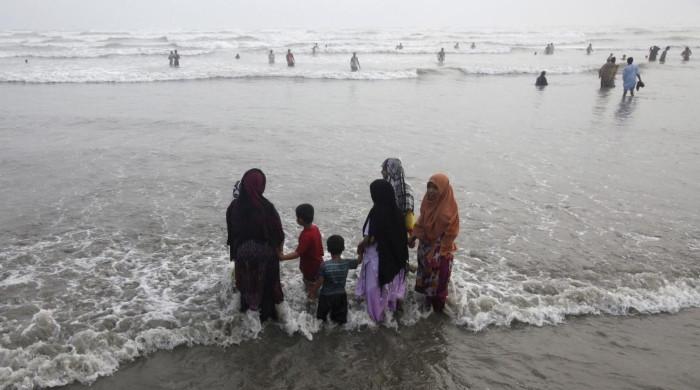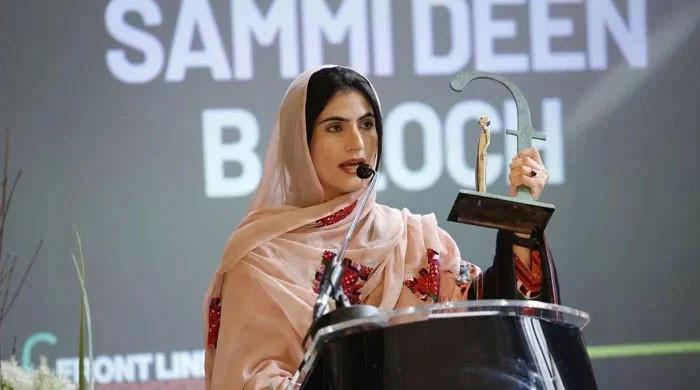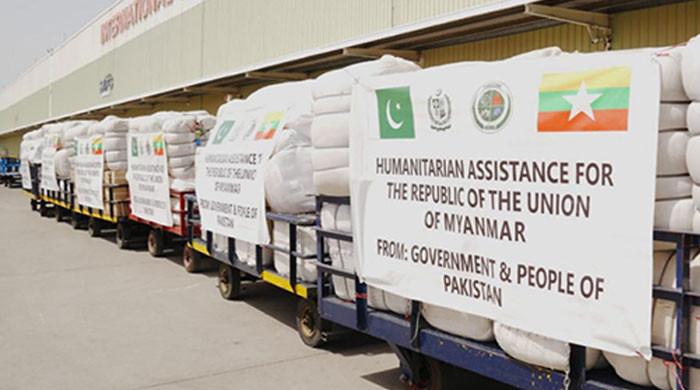From sagas to artifacts: Preserving Khyber Pakhtunkhwa’s intangible treasure
Culture directorate website mentions intangible elements from province’s history
August 23, 2017
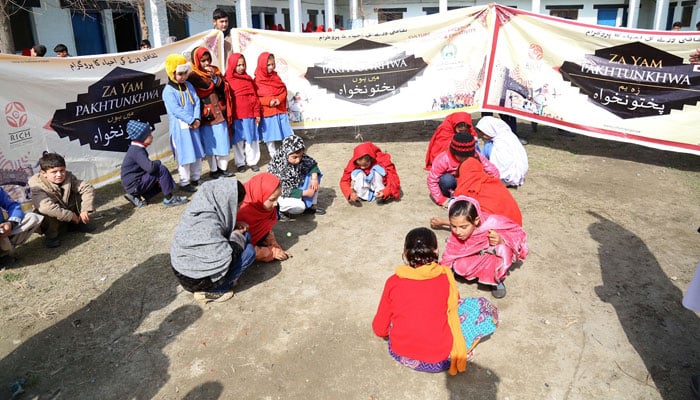
PESHAWAR: As the space has confined for games like makha and instruments like rabab rarely enjoyed at gatherings in Khyber Pakhtunkhwa, need arises to hold on to the treasures which make the province the distinct place that it is.
The KP culture directorate has therefore created an inventory of the intangible elements of the province's tradition, preserving it for the generations to come.
"Unesco's Convention for Safeguarding of the Intangible Cultural Heritage 2003 calls for such an inventory," KP Directorate of Culture Deputy Director Shahbaz Khan told Geo.tv. "As [Unesco's] partner in Pakistan, we are the only province to make the inventory after the 18th Amendment."
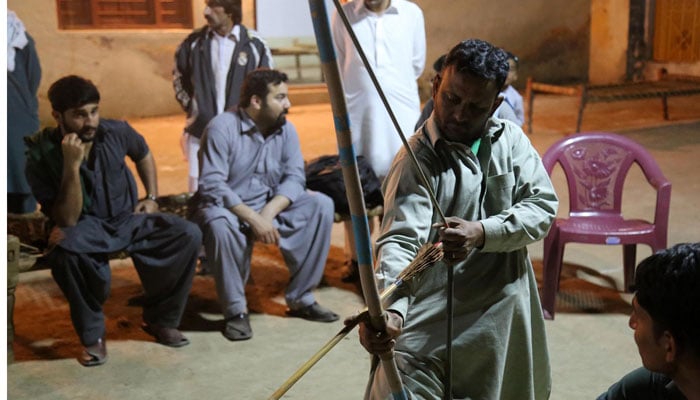
The Intangible Cultural Heritage inventory ranges from famous sagas of KP to lesser known heritage of the province, which are fading with the passage of time and in the light of modern ways.
Now completed, the inventory has information on the famous personalities, games, festivals, cuisines and oral traditions of the province.
While talking to Geo.tv, the culture directorate spokesperson, Ateeq-ur-Rehman, said the material available regarding the food, personalities and games of KP can be seen by people across the globe.
“We worked for more than four months to complete the data,” he said. “Games like mukha, which is similar to archery, is known in Swabi, Mardan and Buner and need to be preserved in some form for the generations to come.”
The convention following which the inventory has been formed requires the information to be update from time to time. This would keep the authorities and public in a cycle to keep the culture of KP alive.
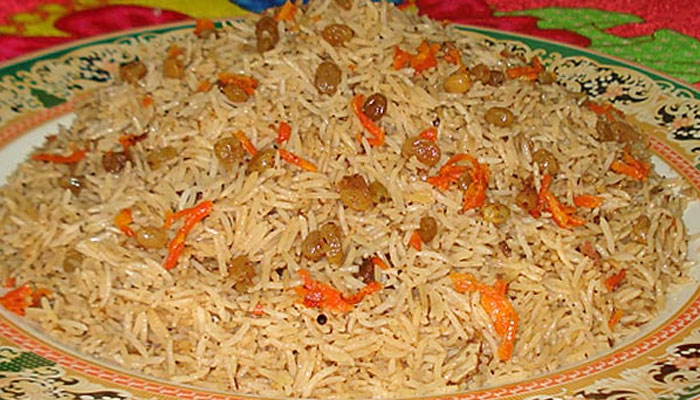
Inventory elements
The inventory of intangible cultural heritage includes information on games like makha, langari, mirgatii, pittugaram, chindroo, patpatone, billori, katonay, gullidanda, qoal, topey topey, kabaddi and tanga race.
The festivals mentioned on the website include Chillim Josh, Shandur Polo, Navroz, Uchal, Jashn-e-Chitral, Suri Jagek and Mela Aspan.
On languages besides Pashto and Hindko, the website has mention of Saraiki, Kohwar, Kalash, Shina, Gujri, Torwali and Kohistani.
Besides, the website has details of KP cuisines, oral traditions, dances, musical instruments and artifacts.







